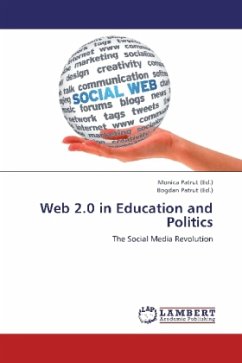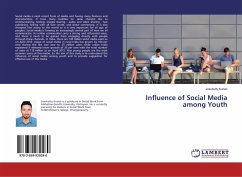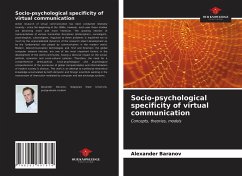
Virtual World (VW): Immersion or Augmentation
A netnographic & empirical research over the impact of trust, identity and technology's successfulness on the VW success
Versandkostenfrei!
Versandfertig in 6-10 Tagen
32,99 €
inkl. MwSt.

PAYBACK Punkte
16 °P sammeln!
This study proposes an innovative approach for studying virtual worlds' success that accounts for the dual nature of the virtual environment. Immersionists consider the virtual world a separate place while augmentationists see it as a tool and as an extension of real world. In this perspective, I built a model that investigates to what extent virtual worlds' success is driven by trust, identity and the success of the technology developed to support the digital world (i.e. the platform). For the analysis, I used a netnography to help testing the model and validate the theoretical constructs. Fu...
This study proposes an innovative approach for studying virtual worlds' success that accounts for the dual nature of the virtual environment. Immersionists consider the virtual world a separate place while augmentationists see it as a tool and as an extension of real world. In this perspective, I built a model that investigates to what extent virtual worlds' success is driven by trust, identity and the success of the technology developed to support the digital world (i.e. the platform). For the analysis, I used a netnography to help testing the model and validate the theoretical constructs. Furthermore a survey is performed. The results show evidence that trust as well as technology's success jointly drive the overall success of the virtual world considered as a place and a tool. Failing to differentiate the two conceptions of virtual worlds has important implications on the model's constructs and explanatory power.












